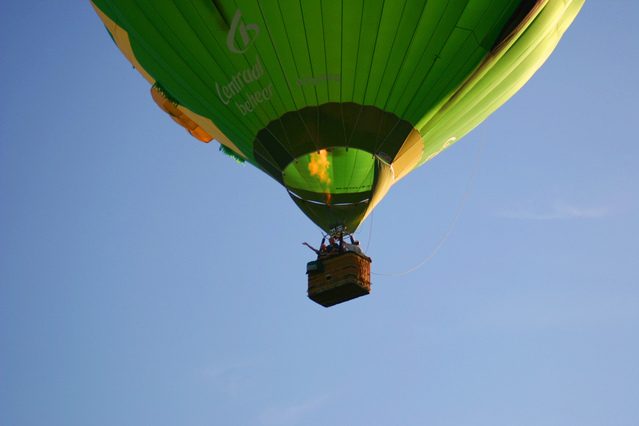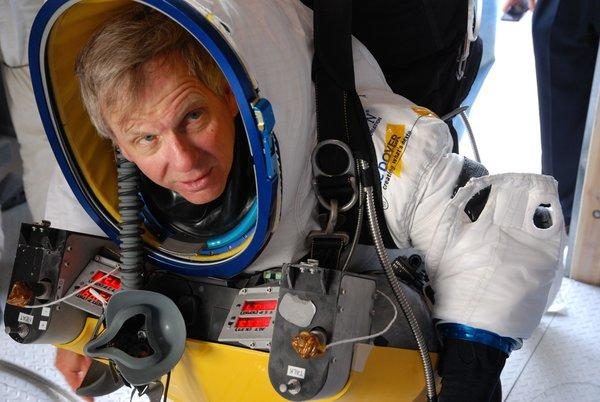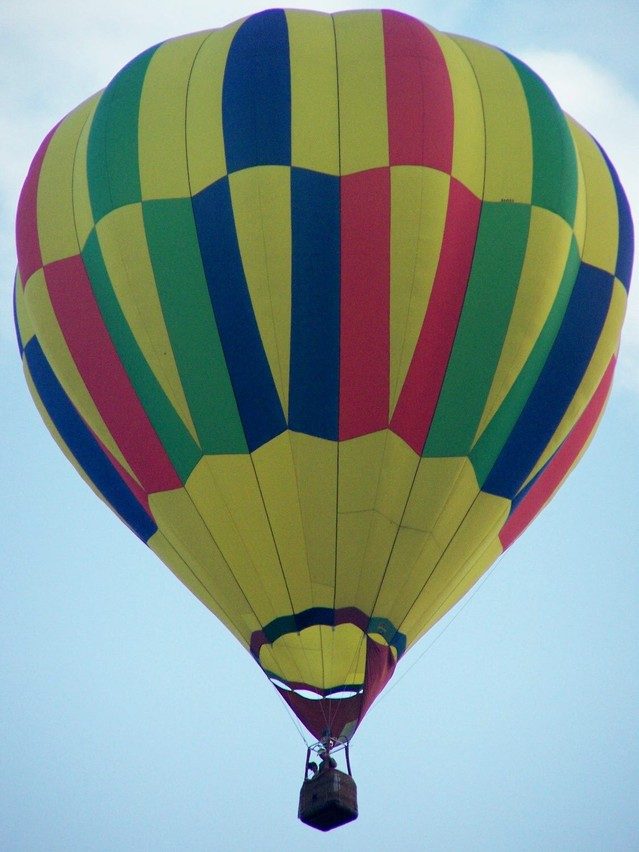Have The Ears For Balloon Safari
Have the ears for balloon safari. The best way to spot wild animals in Kenya is by gliding through the vast game parks in a hot air balloon. Witnessing the feral beasts of the earth against the backdrop of the tranquility of the savannas from the vantage point of view is worth every penny. However, when enjoying safaris in a hot air balloon ride and during the descent of balloon flights for landing, there is a common problem of which people need to be aware.
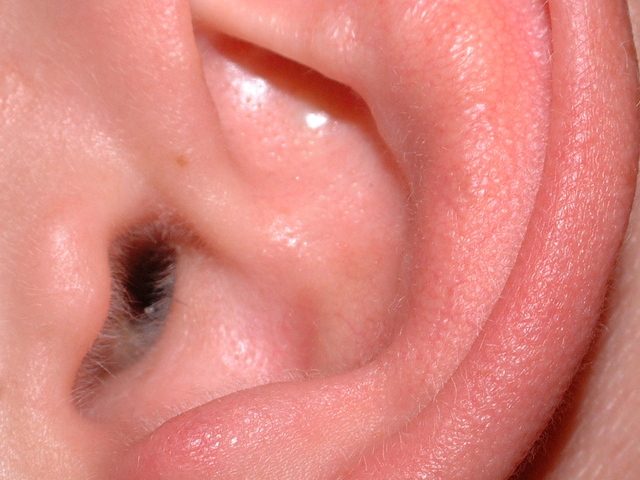
Have the ears for balloon safari
It is the minor unease or clogging in the ears that can be a bit of an annoyance. It happens when the eardrum becomes tense causing dull hearing. People suffering from an upper respiratory infection, allergies, congested nose or cold may be especially susceptible to this. They may experience discomfort when they do the balloon safari. Hence, such activities, if possible, should be avoided until the allergy or infection is under control. But if it is a common cold, then there is no harm in doing a balloon safari. It is highly recommended to use personal discretion when deciding whether to go on a hot air balloon safari or not.
Causes of discomfort
Understanding and knowing what causes awkwardness in the ear when doing balloon safaris can eliminate anxiety to a large extent. At the time when balloon flights take off or land, changes in the altitude cause failure to balance pressure of the air between the middle ear and the ambient environment. Under these situations experienced during flying, fluids do not compress, but air does, causing pressure changes. Hence, the fluid-containing ear spaces do not alter their volume, but the air-containing spaces do. This alteration results in damage in the ear. This medical ear condition is called ear barotrauma. It is also called aero-otitis or airplane ear.
Change of altitude
During the balloon ride when the altitude changes, occasional ear barotrauma is common among many people. It refers to an ear discomfort or injury caused by the failure to balance the pressure of the surrounding outside environment with that of an air-containing space in the middle ear. In other words, it is the pressure difference between the internal parts of the ear and the external environment. Barotrauma occurs mostly during air travel. Passengers experience ear barotrauma, especially during the descent. Altitude changes are the common cause of this condition. If ear pain or dizziness occurs after the flight, barotrauma is suspected.
Ear barotrauma symptoms
Symptoms develop because there is a difference between the pressure in the ear and the pressure outside of the eardrum. And they only occur during the change in pressure. The most common symptoms of mild to moderate ear barotrauma are an uncomfortable pressure inside the ear, dizziness, general ear discomfort, ear pain, a sensation of clogging in the ear, stuffed feeling, or muffled hearing. Additional symptoms include a ringing in the ear, feeling of pressure as if underwater, nosebleed, hemorrhage from the ear, and eardrum injury. Vertigo or hearing loss occurring during descent is due to an air bubble that has formed in the ear. But once treated, all symptoms will go away. Loss of hearing from ear barotrauma is always temporary and reversible. The majority of people who experience ear barotrauma will recover fully without any permanent hearing loss.
Quick self-care measures
Most cases of ear barotrauma will resolve spontaneously and heal without any medical intervention. Moreover, when sudden pressure change causes pain or a sense of fullness in the ear, the discomfort can be relieved by several maneuvers. Self-care such as yawning, swallowing or chewing gum allows the flow of air into and out of the middle ear, which helps equalize pressure in the eardrum. Gargling with warm salt water can also decrease the risk of experiencing barotrauma. Other steps to prevent or lessen barotrauma symptoms include practicing breathing exercises until the ears pop. Hold the mouth closed, pinch the nose shut, and blow gently through the nose, during the time of descent of the balloon, which will force air through the eustachian tube and facilitate the process.

If everything fails, taking antihistamines or decongestants in consultation with the doctor before the flight can do the trick. Prevention of air barotrauma using vasoconstrictors or nasal decongestants gives mixed results. Also, pressure ear plugs claiming to prevent barotrauma are available in many pharmacies. Quite contrary to conventional myth, the earplugs have no adverse effect on the eustachian tube.
Seek medical attention
Ear barotrauma is usually a temporary medical condition that does not need much attention. In most cases, barotrauma heals naturally and spontaneously. Simple measures can open the ears after flying and equalize the pressure bringing immediate relief. So, the air pressure equalization occurs with little or no effort. With a mild case, the symptoms should go away with these actions shortly after landing. But complications may arise in some people.
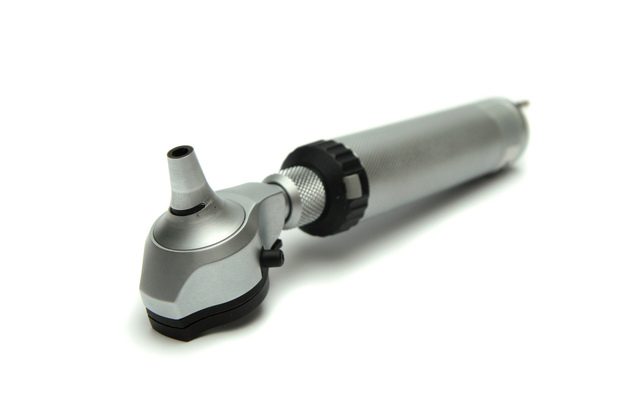
Otoscope
The magnitude of the injury depends upon the speed and degree of the ambient pressure changes. It is essential to be aware when to seek medical treatment. If the tube demonstrates chronic problems such as significant bleeding or pain, then the likelihood of healing is drastically reduced. Such symptoms that are recurring and persistent could be a sign of chronic or severe ear barotrauma. Hence, if symptom-reducing measures do not bring relief or if ear barotrauma does not go away on its own, it is better to see a doctor as a medical examination may be required.
Treating ear barotrauma
Treatment for middle ear barotrauma consists of keeping the ear dry and free of contamination that could cause infection. In severe cases of infection or inflammation, the doctor may prescribe a steroid or an antibiotic. Decongestants and topical nasal steroids can be taken to unblock the eustachian tube. And the presence of pus in the ears may need the use of appropriate antibiotics.
5 Frequently Asked Questions About Barotrauma
To book a balloon safari, please fill out the following form or simply email us on safaris@safari-center.com

